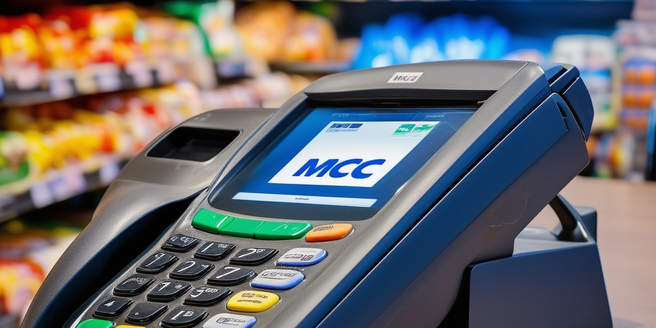
Understanding Merchant Category Codes (MCC)
Merchant Category Codes, popularly known as MCC, play a pivotal role in cashback programs. Issued by major payment networks such as Visa and MasterCard, MCCs are four-digit numbers assigned to a business when it starts accepting credit card transactions. Typically, these codes are used to classify the business in a way that reflects the primary goods or services it provides. The code assigned to a business falls under a specific category that corresponds to the type of product or service it offers. Hence, understanding MCC becomes crucial for businesses as well as consumers who indulge in cashback programs for their benefits.
How Do Merchant Category Codes Work?
Merchant Category Codes are a critical component of the payment processing ecosystem. These codes act as a consistent industry standard, helping to streamline transactions and maintain organization. Moreover, they play a key role in fraud detection by allowing suspicious transaction patterns to be identified. The payment network assigns these codes, which are used to classify the business type based on the predominant service or goods the business provides. For consumers, these MCCs are significant as they determine reward categories for credit card companies. Consumers looking to maximize their rewards must understand the workings of MCC, especially in relation to cashback programs.
The Relationship Between MCC and Cashback Programs
The connection between MCCs and cashback programs lies in the classification of transactions. This classification is fundamental in determining what type of merchant the transaction happened at. Essentially, an MCC is a four-digit code that credit card companies use to categorize businesses. Credit card companies offer cashback rewards based on the MCC assigned to the business where the transaction took place. For instance, if a credit card company offers higher cashback for purchases at grocery stores, the MCC would help identify transactions made in these categories. The intricate relationship between MCC and cashback programs necessitates a good understanding of MCC for maximum benefits.
Examples of How Merchant Category Codes Affect Cashback
Let’s consider an example. If a cardholder has a credit card that provides more rewards on dining and less on shopping, the MCC will determine the category of each transaction. Essentially, it’s a code that gives the credit card company a heads up about the type of purchase. If the cardholder uses their card at a restaurant (assigned an MCC for dining), they receive more cash back. On the contrary, if they used the card at a retail store (assigned an MCC for shopping), the cashback would be less. These MCCs govern the allocation of rewards.
Tips for Maximizing Cashback with MCC
To maximize cashback, cardholders should strategize their spending according to the reward categories of their credit card company. This means staying cognizant of which categories yield the highest returns and capitalizing on those opportunities. Firstly, they need to understand the reward categories of their card. Having a firm grasp of this can lead to more savvy and cost-effective spending. Next, they should prefer using their card at places that fall under these preferred categories. Lastly, keeping track of changes in reward programs helps manage one’s spending and assists in maximizing cashback benefits. Undoubtedly, arming oneself with the knowledge of MCCs can help make sensible spending decisions.
Common Issues and Mistakes with Merchant Category Codes and Cashback
The complexity of MCCs often results in misconceptions and mistakes. A common error is assuming that similar businesses have the same merchant codes. It’s crucial to note, however, that businesses within the same industry can have different MCCs depending on the specifics of the products or services they provide. Another is underestimating the influence of MCC on rewards programs, causing cardholders to miss out on maximizing their cashback. These problems underline the importance of thoroughly understanding MCCs. In summary, leveraging MCCs can significantly enhance the benefits gained from cashback programs, but only when used accurately and efficiently.
